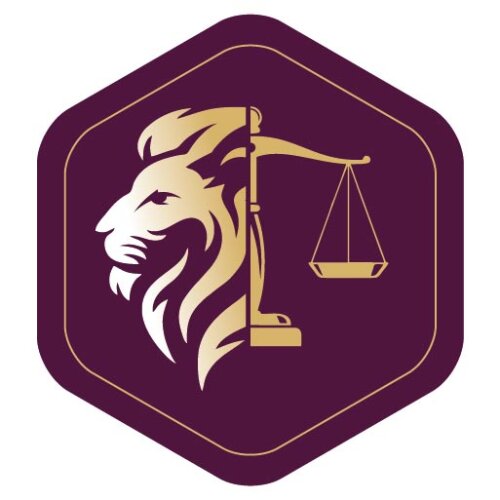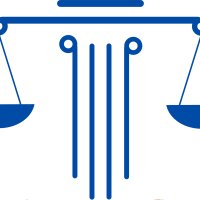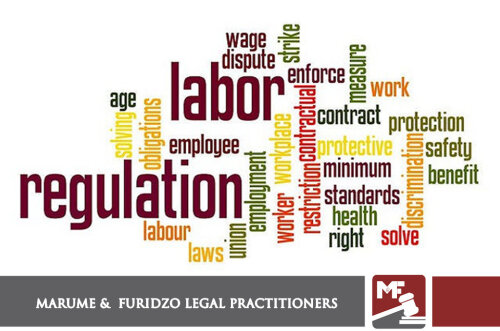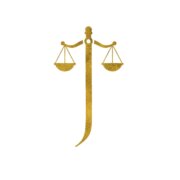Best Natural Resources Lawyers in Harare
Share your needs with us, get contacted by law firms.
Free. Takes 2 min.
List of the best lawyers in Harare, Zimbabwe
About Natural Resources Law in Harare, Zimbabwe
Harare, the capital of Zimbabwe, is rich in natural resources, including minerals, water, forests, and wildlife. The legal framework governing natural resources in Harare encompasses a range of statutes, regulations, and common laws aimed at managing, protecting, and utilizing these resources sustainably. The country's natural resources laws cover aspects like mineral rights, land acquisition, environmental protection, and sustainable development. Zimbabwe's key natural resources legislation includes the Mines and Minerals Act, the Environmental Management Act, and the Rural District Councils Act. Understanding these laws is crucial for individuals or businesses engaged in activities related to the extraction, management, or conservation of natural resources.
Why You May Need a Lawyer
Individuals and businesses may encounter various situations where legal assistance is required in the field of natural resources. Common scenarios include:
- Securing permits or licenses for mining or land utilization.
- Navigating land ownership and tenure issues, especially in rural areas.
- Ensuring compliance with environmental regulations to avoid penalties and legal disputes.
- Resolving disputes over mineral rights or land use with government entities or private parties.
- Legal representation in negotiations or litigation concerning resource extraction or environmental damage.
Engaging a lawyer who specializes in natural resources law can provide clarity, protect your interests, and ensure compliance with local and national laws.
Local Laws Overview
Key aspects of local laws relevant to natural resources in Harare, Zimbabwe, include:
- The Mines and Minerals Act: Governs all mining operations, granting of mineral rights, and regulation of the mining industry.
- The Environmental Management Act: Provides a framework for environmental impact assessments, pollution control, and environmental protection measures.
- The Water Act: Regulates the use and protection of water resources, including the issuance of water permits.
- The Forest Act: Focuses on the sustainable management, conservation, and protection of forests.
- The Parks and Wildlife Act: Covers the conservation of wildlife and management of national parks and game reserves.
These laws are designed to balance resource utilization with conservation efforts, ensuring long-term sustainability.
Frequently Asked Questions
What permits are needed for starting a mining operation in Harare?
To start a mining operation, you must obtain a prospecting license, which allows exploration, followed by a mining license for extraction. Both require compliance with environmental and land use regulations.
How can I resolve a land dispute involving mineral rights?
Engage the services of a lawyer specializing in land and mineral rights. Legal action or mediation may be pursued to resolve the dispute based on documentation, titles, and relevant laws.
What are the penalties for non-compliance with environmental laws?
Penalties include fines, suspension of operations, or legal action. Severity depends on the nature of the violation and the environmental impact.
Can foreign investors own land for natural resource projects?
Yes, but ownership and investment must comply with the Indigenisation and Economic Empowerment Act, which stipulates conditions for foreign investment.
What role do local communities play in resource management?
Local communities are increasingly involved through consultative processes and benefit-sharing agreements, supported by policies promoting community engagement in resource management.
Is an Environmental Impact Assessment (EIA) mandatory for all natural resource projects?
Yes, an EIA is mandatory for projects that may significantly affect the environment, as stipulated by the Environmental Management Act.
How can I secure a water permit for industrial use?
You must apply to the Zimbabwe National Water Authority (ZINWA) with details of water use, after which an assessment and approval process follows.
What steps should I take if accused of illegal resource extraction?
Consult a lawyer immediately to understand the charges and gather evidence to refute false claims or mitigate repercussions if laws were inadvertently breached.
How do conservation laws affect commercial forestry operations?
Commercial forestry must comply with conservation laws, balancing production with measures to protect biodiversity and prevent deforestation.
Are there incentives for sustainable resource management practices?
Yes, there are policies and possible tax incentives designed to encourage sustainable practices and compliance with environmental regulations.
Additional Resources
Consider reaching out to the following resources for more information or assistance:
- Mines and Minerals Development Ministry: Offers guidelines and assistance with mining laws and permits.
- Zimbabwe Environmental Management Agency (EMA): Provides resources and guidance on environmental compliance.
- Zimbabwe National Water Authority (ZINWA): Responsible for water resource management and permit issuance.
- Zimbabwe Parks and Wildlife Management Authority: Manages national parks and wildlife conservation efforts.
Next Steps
Follow these steps if you require legal assistance in natural resources:
- Identify your specific legal needs or issues concerning natural resources.
- Research and contact legal professionals specializing in natural resource law in Zimbabwe.
- Prepare and gather necessary documentation relating to your case or inquiry.
- Schedule a consultation to discuss your situation and explore legal options.
- Consider exploring alternative dispute resolution options, such as mediation, where appropriate.
Engaging a knowledgeable attorney can provide strategic insights and enhance your legal standing in navigating natural resource challenges in Harare, Zimbabwe.
Lawzana helps you find the best lawyers and law firms in Harare through a curated and pre-screened list of qualified legal professionals. Our platform offers rankings and detailed profiles of attorneys and law firms, allowing you to compare based on practice areas, including Natural Resources, experience, and client feedback.
Each profile includes a description of the firm's areas of practice, client reviews, team members and partners, year of establishment, spoken languages, office locations, contact information, social media presence, and any published articles or resources. Most firms on our platform speak English and are experienced in both local and international legal matters.
Get a quote from top-rated law firms in Harare, Zimbabwe — quickly, securely, and without unnecessary hassle.
Disclaimer:
The information provided on this page is for general informational purposes only and does not constitute legal advice. While we strive to ensure the accuracy and relevance of the content, legal information may change over time, and interpretations of the law can vary. You should always consult with a qualified legal professional for advice specific to your situation.
We disclaim all liability for actions taken or not taken based on the content of this page. If you believe any information is incorrect or outdated, please contact us, and we will review and update it where appropriate.















